Inside at… Alterra

“The world needs to have a solution for every type of plastic,” said Fred Schmuck, CEO of advanced recycling company, Alterra. It’s not an either-or situation, he stressed. “People need to realise that the solution we have is complementary to mechanical recycling. But also that it doesn’t have environmental issues and is not energy inefficient.”
Advanced recycling has come a long way over the past two decades. Yet there is still widespread misunderstanding among the general public about what it is and how it works, according to Fred Schmuck, CEO of Alterra. Twenty years ago, when pyrolysis started, the process wasn’t all that efficient and the substantial amount of concern about the amount of external energy required for heating was probably justified.
“But that’s no longer the case,” he explained. “Efficiency is at the core of what we’ve been doing over the last four years.”
He revealed that the original commercialization date for the Alterra plant had been the year 2015. The company spent four extra years before going on stream to ensure the process was robust and efficient enough, especially from an energy recovery perspective.
“People need to understand that what might have been reported back a long time ago is not substantiated today. It is crucial that we develop fact-based, technical measures and analyses in order to get the general public to understand that this is a viable solution,” he stressed. “It is certainly not incineration in disguise: it is a truly novel, innovative, safe, reliable, environmentally-friendly process.”
What does Alterra produce?
Alterra has developed a liquefaction technology that, unlike many of its competitors, is a continuous, rather than a batch or semi-batch process. The technology produces pyrolysis oil: “At scale, our facility in Ohio is commercial,” said Fred. “We are processing 60 tons per day – that’s the nameplate capacity of the reactor.” The company started with a pilot plant and proof of concept in 2009, after which it built its first commercial unit in 2014. It then spent years working to ensure the technology could produce efficiently and safely at scale.
“The recent minority stake acquisition by Finnish oil refining and marketing company Neste in December is testimony to our ability to effectively operate and already deliver pyrolysis oil to our partners,” Fred noted. “In fact, that ability was one of the things Neste was really excited about. Neste has processed our product and refined it into high quality feedstock.”
He added: “At the end of the day, we are feedstock for a refining operation. So, the main target of this technology is to provide a recycled material to the refiners, so they can themselves effectively create new material, mostly new plastics but also waxes and lubes. In certain jurisdictions, it goes to fuel, but that is not a prime interest: we’re more interested in the concept of the circular economy and effectively recycling end-of-life waste plastics into new materials.”
The waste plastic Alterra uses as raw material is, for the most part, post-consumer mixed plastic. The company has formed relationships with a number of waste management companies, who do the collection and the sorting work. There is some upstream required to prepare the feedstock – it must be shredded, dried and densified prior to being dropped into Alterra’s process, which is why the company has chosen to collaborate with waste management companies.
The pyrolysis oil must meet certain strict specifications for the refineries to be able to use it in their operations. “We are extremely pleased with our process capability, of being able to take all kinds of different plastics waste streams in order to deliver a fuel that is on-spec for our customers,” said Fred. “There are certain ppm numbers you have to meet, and a product quality that must be achieved. We work with the best labs in the US, those that are basically used by all the oil and gas companies. We have now over twelve months of operating track record and are confident that what we have is a good replacement for virgin oil. We want to be the best, the most efficient and the most cost effective so that we can compete head-to-head with virgin oil. And make it a simple value proposition for our customers to divert from traditional exploration in all usage.”

Fred Schmuck
Coming out of the shadows
Long an overlooked market, today it’s not just Neste that has grasped the potential of using renewables as input in its refineries. Oil and petrochemical companies across the spectrum have formulated goals stating the number tons of renewable raw material they aim to use from 2030 onward.
“In the case of Neste alone, that goal is 1 million tons per annum of waste plastic by 2030,and they are just one of the players,” said Fred. “It means that right now, what we have is the opportunity of becoming more than just a small, niche market.”
It also means that people will have to gain a true understanding of what advanced recycling is.
What it certainly isn’t aiming at is at becoming a replacement for mechanical recycling, he stressed. “What we are doing is different, because we are taking hard-to-treat end-of-life plastic that never had a chance with existing technologies or mechanical recycling. Given the waste pollution situation, there’s currently a tremendous amount of demand, and very little supply right now. In my view, it will take years, if not over a decade in order for the marketplace to be able to get to a place that you have a balance between demand and supply.”
As a recycler, Fred Schmuck welcomes the legislation that is taking shape around the globe. He sees Europe’s Green Deal as providing tremendous tailwinds for the industry; tailwinds that he feels are very much warranted. “At the end of the day, landfilling is not an option, while discarding this waste in nature is even worse; and incineration provides problems from the emission perspectives,” he said. “Advanced recycling can be seen as an ecosystemic solution – the transition is taking place, and we believe Europe is the leading continent – the EU in particular, in making sure new technology is being adopted.”
Feedstock with potential
Pyrolysis oil is becoming an interesting option for refiners, which is leading to some interesting partnerships in the market. Waste management companies are increasingly teaming up with raw material producers, recyclers and refiners, relationships that spring from the need to secure long-term availability of useable, renewable feedstock.
It is a strategy that Fred Schmuck sees as becoming the norm, as availability is going to play an extremely important role.
Alterra’s plans in that direction are clear: it will ultimately scale its capacity up from the present 60 tons to somewhere in the neighbourhood of 250 tons per day, which, said Fred, is the ‘right size’, as it otherwise runs the risk of becoming a logistical nightmare from the feedstock aggregation standpoint.
He pointed out that a global network is in place for oil to be brought to processing facilities and that moving product was far easier than moving feedstock. it’s a lot cheaper to move the product rather than move the feedstock.
“You want to be close to your feedstock sources,” he emphasised. He conceded that other companies in the same field might have a different vision, but Alterra’s aim is to be modular and repeatable, ‘plug and play’, rather than to build large-scale facilities ten times the size of their current one. “We think that is probably not the best way to go to market but again: to each his own.”
Speaking of going to market: is Europe the next step?
Alterra’s ambitions are global, but the regulatory environment in Europe has made that continent the most important market in the industry right now. Hence the main target of the collaboration with Neste will be supporting the deployment of Alterra’s technology in Europe – although ultimately, the arrangement entered into is a global one.
“Neste has operations all over the world, especially in Asia. We aspire to be their partner from a liquefaction perspective and the chosen technology provider when they’re ready to expand beyond their home turf,” he disclosed.
Neste believes the biggest bottleneck to adoption of the circular economy is the shortage of liquefaction facilities. Accelerating the transition to a circular plastic economy requires companies like Alterra to be effectively widely accepted in the marketplace.
“That’s the reason they invested with us,” he explained.
He noted that Neste announced in March 2020 an intention to increase its renewable products production capacity in Europe. Following a thorough study of two possible locations, Porvoo, Finland and Rotterdam in the Netherlands, it now looks as if Rotterdam will be the probable choice. Although Neste has existing sites in both locations, the difference between the costs is significant – in Rotterdam’s favour, according to a recent statement released by Neste. A final investment decision by the Board of Directors is expected towards the end of 2021 or early 2022.
A long way to go
Returning to the role of chemical recycling compared to mechanical recycling, he underlined once again the fact that it is not a case of one or the other. The type of plastics that are chemically recycled are different from the type of plastics suitable for mechanical recycling.
“There’s a misunderstanding on how the two work together,” he observed. “There is a need for a solution for streams that do not have the capacity to be mechanically recycled and that’s where our process comes into play – multi-layer packaging is a good example. Also, sensitive applications like food-grade products or medical applications, require a certain quality that is hard – if not impossible – to get with mechanical recycling. It’s not an either-or situation. The world needs to have a solution for every type of plastic.”
Traceability is another factor that is becoming more and more important in order that customers can be sure their material is derived from a waste residue. Alterra has obtained ISCC Plus certification – ‘obviously a requirement for our customers for their products’, he said.
“Mainly, I think that being able to support more than one life for the material is important. We have to stop putting everything into silos. The reality is that, if we want to take care of our planet we have to basically look at the entire spectrum of problems that we face and how complementary the technologies out there are going to be.”
He added that there was still a long way to go. “It’s very important that we debunk stories of energy inefficiencies, or of advanced recycling being nothing but incineration in disguise, and that mechanical recycling can offer everything we need. Ultimately, we have everything to lose if the general public doesn’t understand the capability of what we provide.”
At the same time, there’s plenty of development in the works, he said. “These are exciting times to be in this business.”

